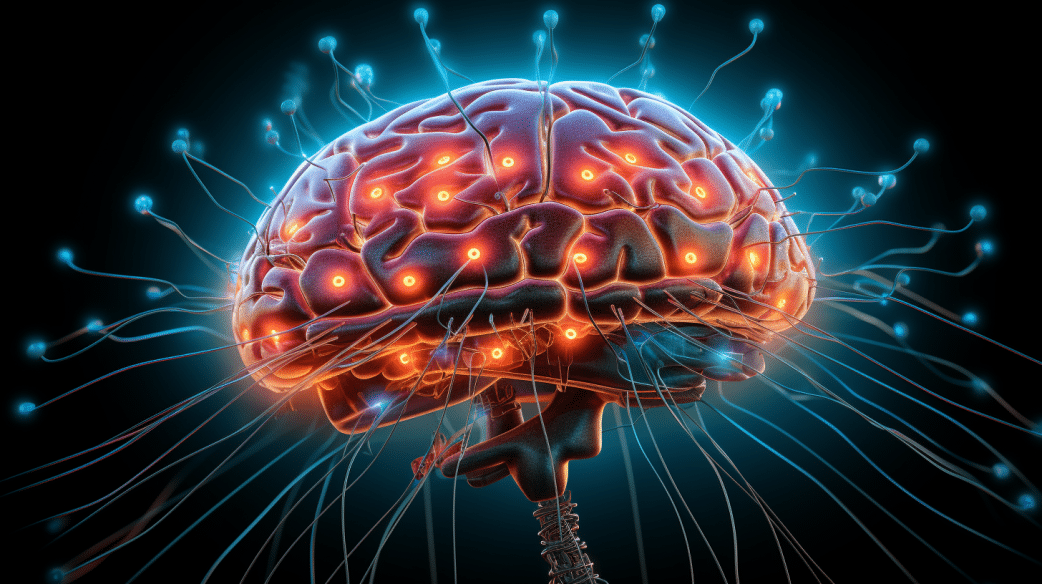Neurobiology of Bipolar Disorder: Genetic & Brain Imaging Links
Bipolar disorder, formerly known as manic depression, is a chronic mental illness characterized by dramatic shifts in mood and energy levels. It affects about 2-4% of the population worldwide. While we still don’t fully understand what causes bipolar disorder, research over the past couple decades has uncovered important clues into the biological mechanisms behind this …










